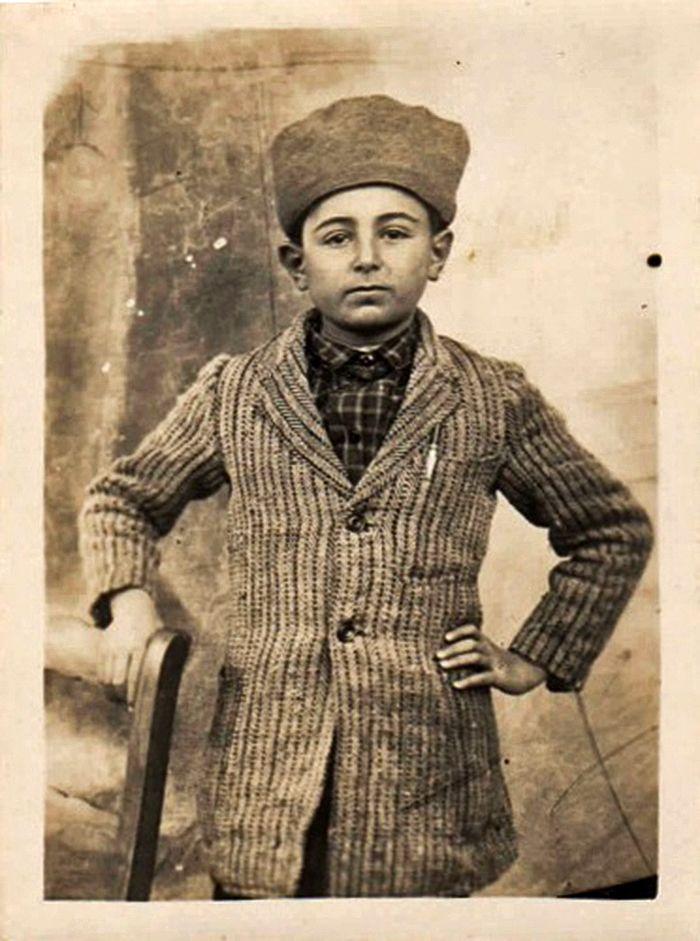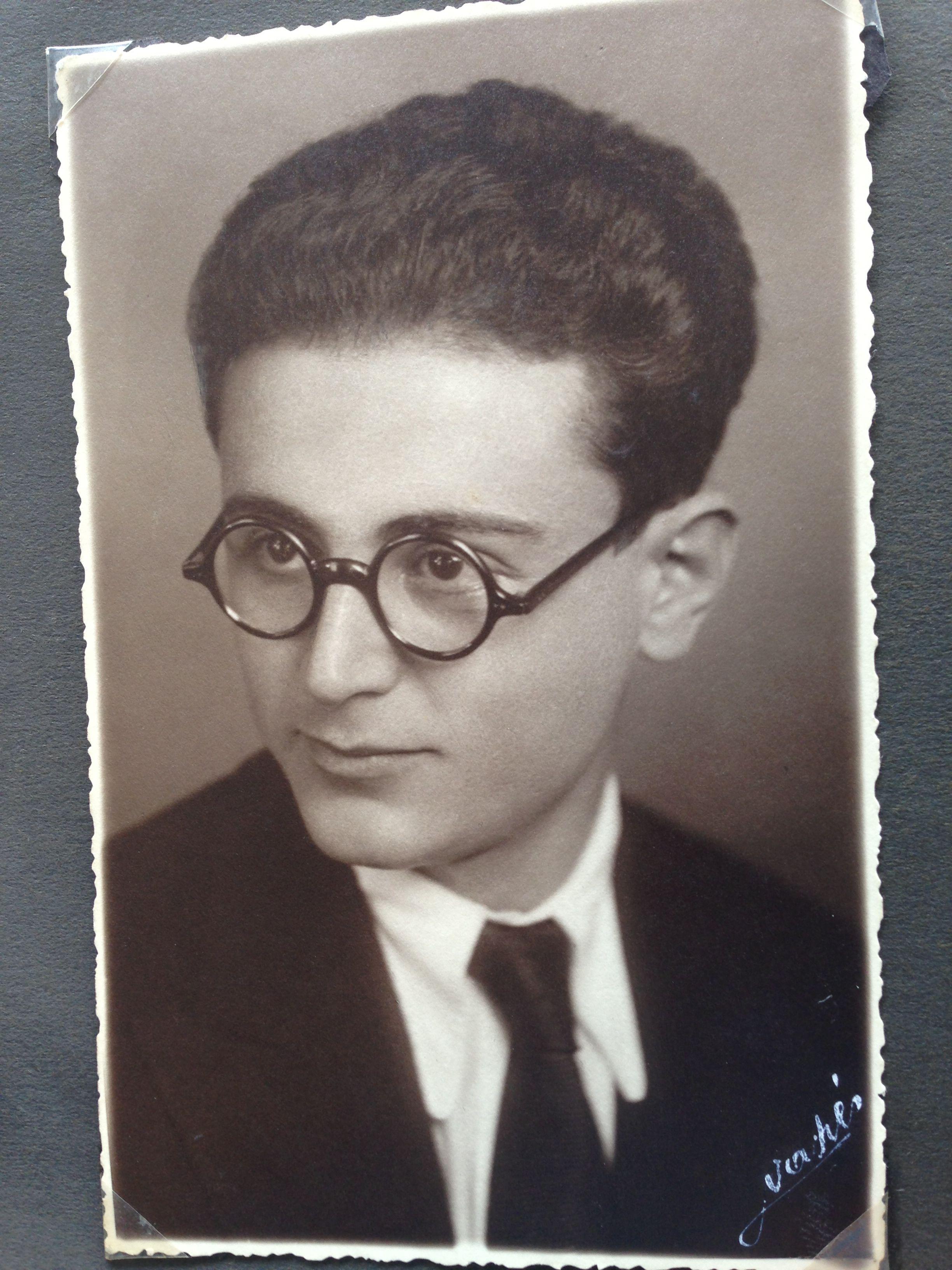
When Anahid Katchian was growing up, her now-late father reminisced about his childhood in the crumbling Ottoman Empire. He recalled riding horses and flying kites. But a side of him puzzled her. When she wouldn't finish her dinner, he would snap at her, "You don't know starvation." It took Katchian decades to discover why her dad, an Armenian doctor who came to Colorado, said things like that.
She didn't find out until she grew up and got her father to talk on camera. He was just 6 years old in April of 1915, at start of the what many refer to as the Armenian genocide -- the killing of more than a million Armenians in what is now modern-day Turkey. Turkey denies the genocide, but Katchian says her interviews with her father and many other Armenians provide important historic evidence.
- April 12: Pope's remarks on Armenian 'genocide' rile Turkey
- April 18: In Littleton, 'I Am Alive' is an Armenian love story
- April 20: For Armenians, 'a wound that doesn't close'

Her father, Dr. Azad Katchian, interviewed in the 1980s, described how his family fled their home. They missed a boat that could have whisked them out of the country. Instead, the family members were separated inside the border. The doctor was orphaned and it wasn't until he was an adult that he was surprisingly re-united with his mother and sister in Paris. After years working as a doctor in the Middle East, he started all over again in his mid-40s in the United States. He ended his career in Wheat Ridge and passed away about a decade ago.
Anahid Katchian, of Longmont, spoke with Colorado Matters host Ryan Warner. Edited highlights from the conversation are below, including archived quotes from Dr. Azad Katchian.
Dr. Azad Katchian on when he was separated from his parents
"I found myself and my younger sister -- both of us -- delivered to the American consulate. That did not last very long but it seemed a happy few days with lots of other children like myself. A few days or weeks later, I was on the road east, into the mountains, barefoot with many more children like me and we went, and went, and went."
Azad Katchian on the long march of children
"It wasn't the hunger but it was the thirst that was the real hurdle and persons like me would kneel down to drink what remains in the holes made by the hooves of cattle or horses.... You see, shoes were worn off walking, walking, walking -- they were in tatters, holes, and finally they fell off so it was barefoot walking that I had done. And that ended in a person who had not developed tough soles under the feet into ulcers. And in the morning those ulcers and the feet were swollen and you could rest at your peril because you would not be left alive. We could see many people who had fallen and they just passed away that way."

Azad Katchian's on his mother's long search for him
"Word reached her that all the children that were left at the American consulate were thrown in the sea. On hearing this, my mother threw herself into the river and, as fate would have it, the gendarmes picked her out and got her out of the water. She wanted to commit suicide on the news that her children had ended up in the Black Sea but when the war ended she went straight onto Istanbul looking for her children. ... [About a decade later] my mother then makes contact with one of my former classmates and she asks if he knew anyone by the name of Azad 'KAHT-chee-an.' And this fellow says, 'I don't know about "KAHT-chee-an" but I know Azad "KETCH-ee-an."' So, 'Do you have a photograph or something to show?' 'Yes,' he says. So the very next day he produces the picture of some 50 classmates and there my mother puts her finger on her son."
Anahid Katchian on why she thinks her father wouldn't discuss his childhood
"It's suppressed pain. I see it in others as well. It seems a more efficient use of emotions... I have not experienced that, but you see it in war veterans. You know I did interviews of quite a few [Armenians] and I saw that very often and it took quite a bit to settle down and speak."
Anahid Katchian on her father's feet
"To the end of his life, he had blisters, prominent blisters, under his feet."
Anahid Katchian on what happened to her father's father
"Once my father met his mother again, she told him that his father was shot that day -- the day that they left him at the orphanage. ... And she was put on the march."
More:







